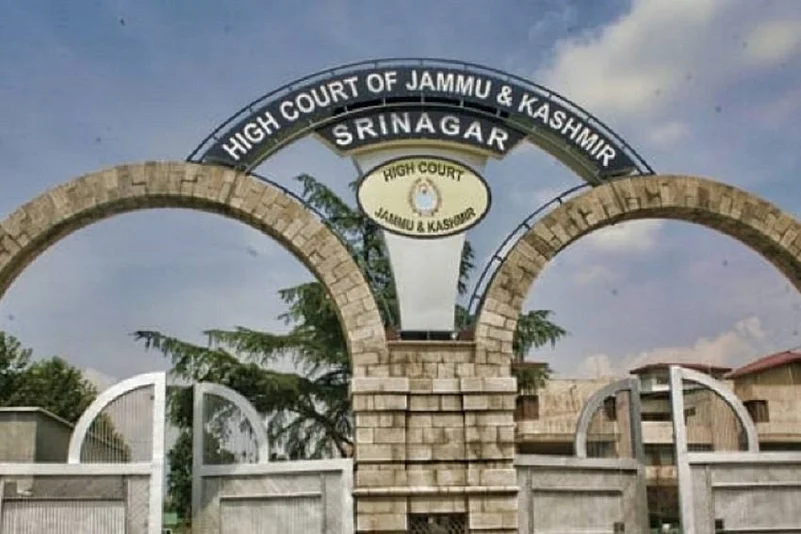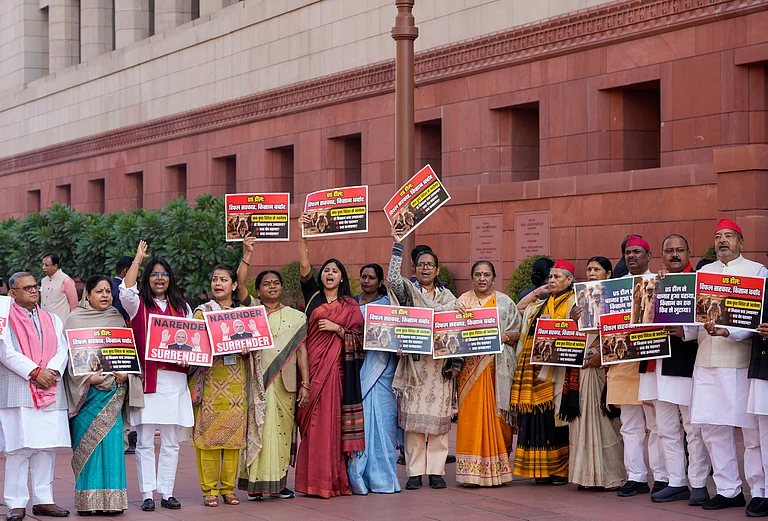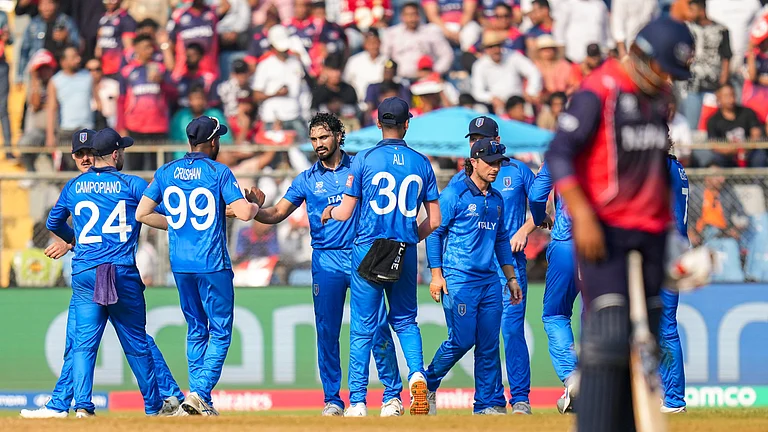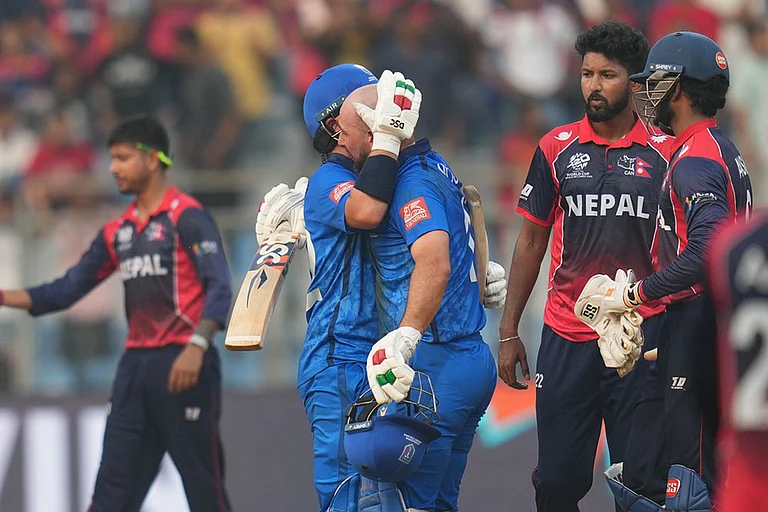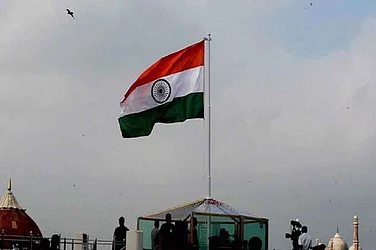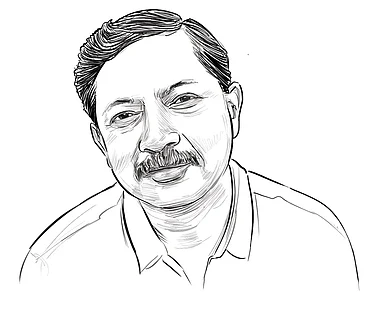For nearly a month, the BJP leaders and the central cabinet ministers propagated widely that leaders of People’s Alliance for Gupkar Declaration had grabbed land worth Rs 25,000 crore under Roshni Act.
BJP leaders Shahnawaz Hussain and junior finance minister Anurag Thakur even named Dr Farooq Abdullah and other leaders of the National Conference and Peoples Conference accusing them of the fraud. Cabinet minister Smriti Irani had said that land worth Rs 25,000 crore was grabbed by the alliance leaders themselves under the Roshni Act.
However, on Tuesday, the division bench of the high court said that the Roshni judgment was not against any culture, religion, region and status. The court expressed displeasure over the selective targeting by the administration and said that the order never meant to target people unnecessarily.
Incidentally, the court gave such observations on an interim petition filed by the Jammu and Kashmir government that sought exemption for landless labourers and poor farmers who have transferred the land under the law, which have been struck down by the court.
Jammu-based lawyer advocate Sheikh Shakeel Ahmed told the high court that ever since the judgment was passed by the division bench on October 9, a false narrative contrary to facts was created.
“A particular community was targeted by grabbing ponds, rivers, state land and forest land when there were no such observations and directions in the judgment,” he said. He said since the judgment, a false narrative was created to mislead the common masses and to create a wedge between the peace loving people of J&K.
After the high court’s observations, Roshni Act is missing from the BJP statements. The party issues around five long statements of their leaders every day, however, since Tuesday there has been no mention of the Roshni Act in their statements.
The latest to join the BJP campaign is former Army Chief VK Singh. However, he has maintained silence about Roshni.
“On December 9, former Union minister VK Singh visited the border village Kotli Raiyan. The former general said that the people living in the border areas are working as soldiers on the border and they also continuously boost the morale of the soldiers posted on the border.”
“The first and foremost thing one needs to understand is that the Roshni scheme was not a scam but a law passed by a state legislature to benefit everyone. It didn’t segregate or discriminate on religious or regional lines. But Union ministers started projecting it as an act by the Kashmiris for the Kashmiri Muslim. In contrast, they now know Jammu is the biggest beneficiary of it and Hindus are the primary beneficiaries of it. So they suddenly have gone silent," said senior National Conference leader Tanvir Sadiq.
"This proves that BJP propaganda and lies cannot stand for long.”
According to the lawyers associated with the case, under the scheme, the transfer of ownership rights was approved for 33,345.35 kanals (1kanal= 0.8 acre) in the Valley as against 3,14,810.18 kanals in Jammu.
In 2001, the then state government enacted the J&K state land (vesting of ownership rights to the occupants) act 2001 or Roshni Act. Under the law people, who were occupying state land up to 1990, had to pay about Rs 20 lakh per kanal land (1kanal= 0.8 acre) to get ownership rights.
The act was named Roshni Act so that the revenue generated from it would be used in the power sector. In May 2005, Ghulam Nabi Azad’s government brought a major amendment to the law giving ownership to farmers occupying agriculture land against Rs 100 per kanal.
In 2011, a case was filed in Jammu and Kashmir with lawyer Sheikh Shakeel accusing politicians, bureaucrats and officers of committing largescale corruption in transferring the land titles under the Act.
Later in 2014, another lawyer from Ankur Sharma filed a petition challenging the constitutionality of the Roshni Act. He called the law as part of “land jihad” waged by Muslims in Jammu region.
On October 9, this year, the high court struck down the law and declared all land transfers under the law null and void. The BJP called the judgment a surgical strike against “land jihad”. However, with figures coming to fore Jammu region is the biggest beneficiary of the law, the BJP has slipped into silent mode.






